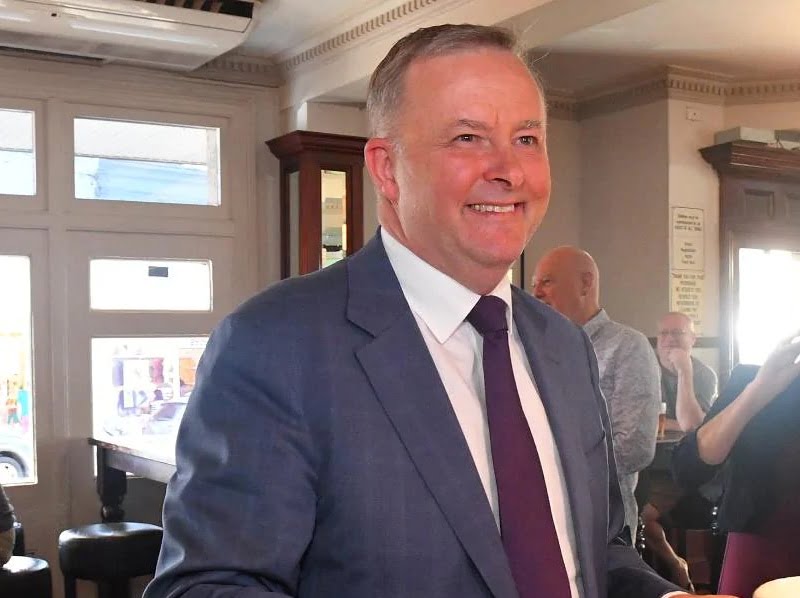Labor leader Anthony Albanese has unveiled plans for a $15 billion fund to support Australia’s manufacturing sector, promising to partner with the private sector – including superannuation funds – to commercialise innovation and help existing industries bring manufacturing back onshore.
In the run up to the next election, Labor will argue that its fund will rebuild Australia’s sovereign capability while creating secure jobs, driving regional development, and diversifying the economy.
Should Labor win government, a National Reconstruction Fund would be established and target key sectors including resources, food processing, heavy manufacturing, renewable energy and defence.

The $15 billion fund will use a combination of loans, equity injections, co-investment and lending guarantees to back companies committed to domestic manufacturing.
“We shouldn’t have to rely on other countries when it comes to protecting and providing for our people,” Mr Albanese told Labor’s national conference, held online for the first time this year.
“We are going to invest in Australia. We are going to invest in Australian workers and Australian skills. A new era of national reconstruction to achieve our potential: a country that makes things and creates better jobs to go with them.”
The current government’s centrepiece manufacturing policy is a $1.3 billion Modern Manufacturing Initiative, which provides targeted funding to six priority areas: resources technology and critical minerals processing; food and beverage; medical products; recycling and clean energy; Defence; and space.
In contrast, Labor’s policy offers a much bigger pool of money through the promised partnership with the private sector, particularly superannuation funds. While targeted at four industries, support would also be available under Labor to “sectors across the board” and would be guided by companies’ potential to create secure jobs.
The Opposition’s alternative also proposes onshoring entire supply chains rather than optimising current exports. For example, Australia has all the necessary resources to manufacture lithium batteries and the sell them to the world, but has traditionally focused on bulk lithium exports.
“It will be an important tool going forward to build confidence in our economy,” Mr Albanese explained on Tuesday.
“We know that investment is actually going backwards, that we’re not seeing enough business investment in this country.
“And we also know that Australia has been fantastic at research and innovation, everything from new solar energy technology through to wine casks, through to Wi-Fi,” he said.
“Australia hasn’t always, though, commercialised the benefit for our inventions and for our expertise. We need to be a smart country going forward.”
Deputy opposition leader Richard Marles said the policy would help reverse the “biggest deindustrialisation in our nation’s history” over the last eight years.
“We need to restore all of that [industrial sovereign capability],” Mr Marles said.
“And that’s what the National Reconstruction Fund will do. We’ll be focusing on building companies which provide long-term, well-paid secure jobs. Companies that innovate, companies that commercialise science, which turns science into jobs, which has been a national weakness.”
Do you know more? Contact James Riley via Email.

